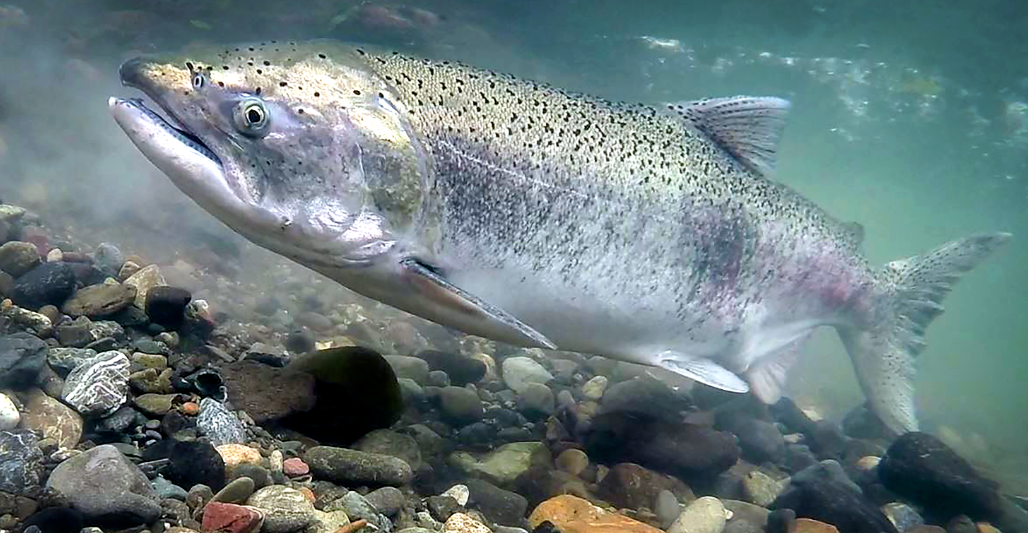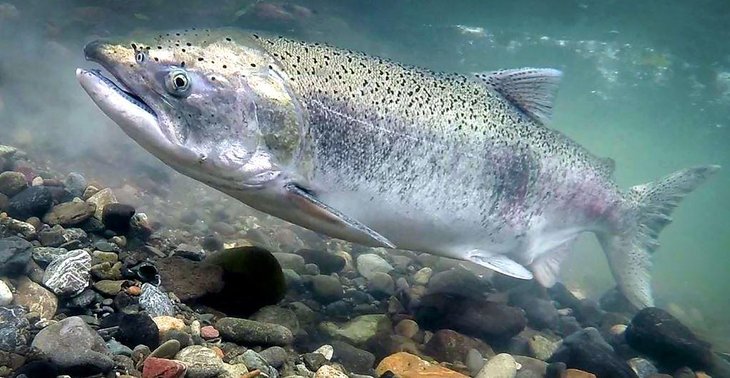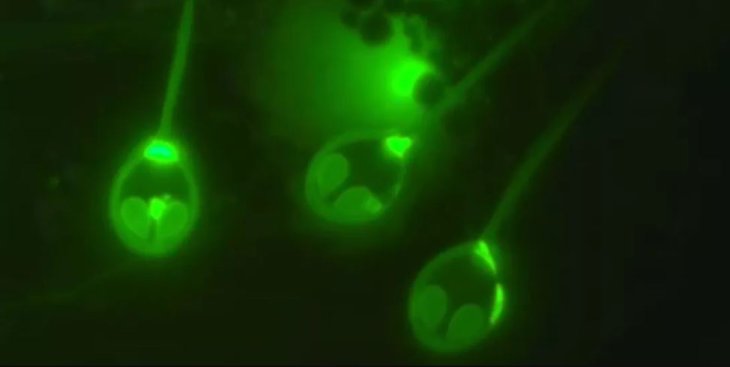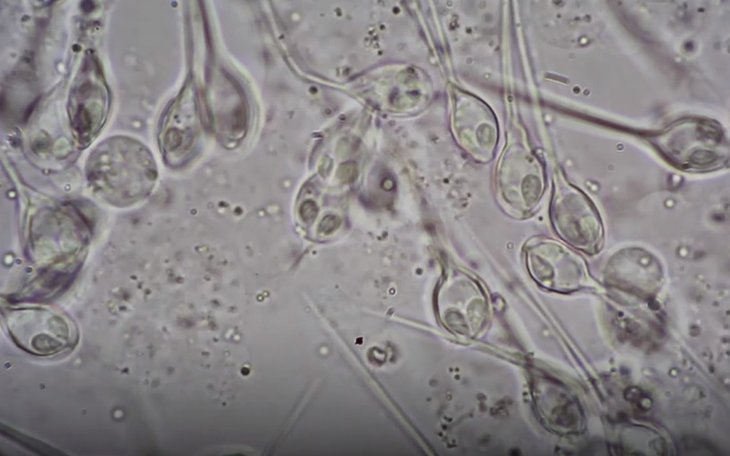Scientists Discovered The First Animal That Lives Without Oxygen
Dhir Acharya - Feb 26, 2020

For all we know, oxygen is an important part of every form of life on Earth. It keeps the cells in our bodies alive, we can't survive without oxygen.
- Would You Rather Run Away From A Lion, Or Would You Rather Swim Away From An Alligator?
- Kerala To Track The One Behind The Pregnant Elephant’s Tragic Death
- Dogs Are Now Being Trained To Smell Out COVID-19 Virus!
For all we know, oxygen is an important part of every form of life on Earth. It keeps the cells in our bodies alive, we can't survive without it. All multicellular life on this planet basically evolved to use oxygen over millions of years.
However, scientists have discovered Henneguya salminicola, a parasite that contains less than 10 cells, living in the salmon’s muscle tissue. The parasite doesn’t breathe oxygen. It appears that this is the very first multicellular animal to have been observed surviving without using oxygen.

Zoologist Dorothee Huchon at Israel-based Tel Aviv University said that aerobic respiration was believed to be very common in animals but they have now confirmed that it’s not all true.
Working with a group of international researchers, Huchon and the research team examined and sequenced all the genes of Henneguya salminicola in their study. They discovered that the parasite, having a close relation with jellyfish, doesn’t have mitochondria – the DNA machinery needed for breathing. The mitochondria of a cell are usually called its powerhouse as it makes energy from oxygen. It’s like there is a tiny factory inside cells while DNA sleuths can find genes when sequencing.

The research team discovered this by accident as they were probing the species’ genome. However, they didn’t find any mitochondrial genes.
Huchon stated that the discovery is proof that evolution can go toward strange directions that we may not expect. Aerobic respiration has long been a key energy source and now they have found an animal that doesn’t go this way.
Some single-celled forms of life have evolved to be able to survive without oxygen and don’t have mitochondria. Many protozoans and bacteria can live without any oxygen, such as those living at the seabed near hydrothermal vents as well as some human pathogens living in the body. They generate energy from fermentation or other molecules like iron or mercury.

What remains unclear is how Henneguya salminicola produces energy. It’s suggested by Huchon that it could take oxygen from other cells in the salmon or it might have evolved in similar ways to unicellular organisms that were documented before.
>>> This Woman's Body Naturally Brews And Urinates Alcohol
Featured Stories

Features - Jan 29, 2026
Permanently Deleting Your Instagram Account: A Complete Step-by-Step Tutorial

Features - Jul 01, 2025
What Are The Fastest Passenger Vehicles Ever Created?

Features - Jun 25, 2025
Japan Hydrogen Breakthrough: Scientists Crack the Clean Energy Code with...

ICT News - Jun 25, 2025
AI Intimidation Tactics: CEOs Turn Flawed Technology Into Employee Fear Machine

Review - Jun 25, 2025
Windows 11 Problems: Is Microsoft's "Best" OS Actually Getting Worse?

Features - Jun 22, 2025
Telegram Founder Pavel Durov Plans to Split $14 Billion Fortune Among 106 Children

ICT News - Jun 22, 2025
Neuralink Telepathy Chip Enables Quadriplegic Rob Greiner to Control Games with...

Features - Jun 21, 2025
This Over $100 Bottle Has Nothing But Fresh Air Inside

Features - Jun 18, 2025
Best Mobile VPN Apps for Gaming 2025: Complete Guide

Features - Jun 18, 2025
A Math Formula Tells Us How Long Everything Will Live
Read more

ICT News- Mar 01, 2026
Samsung Links Galaxy S26 Price Hikes to AI Memory Supply Issues
This development highlights the broader challenges faced by the tech industry as it integrates artificial intelligence into everyday consumer electronics.

ICT News- Feb 28, 2026
Anthropic Blacklisted by US Department of War: Trump Orders Federal Ban Over AI Safeguards Dispute
The story is developing. Federal agencies have been instructed to begin transition planning immediately.

Gadgets- Feb 27, 2026
Top Budget-Friendly WiFi Routers for 2026
In today's connected world, a reliable WiFi router is essential for streaming, gaming, and working from home.
Comments
Sort by Newest | Popular